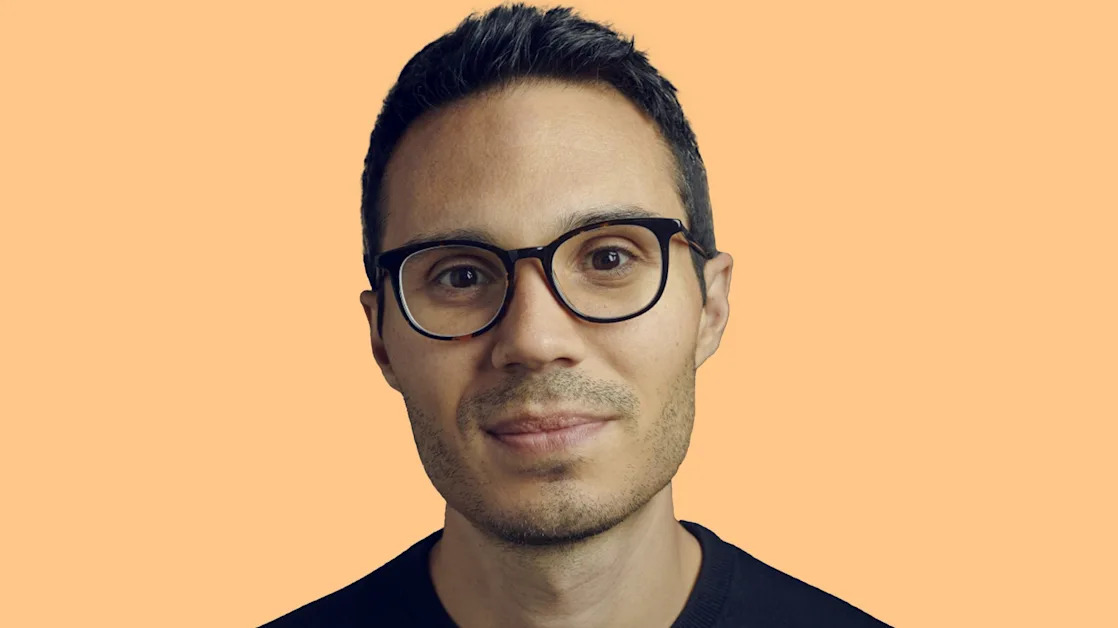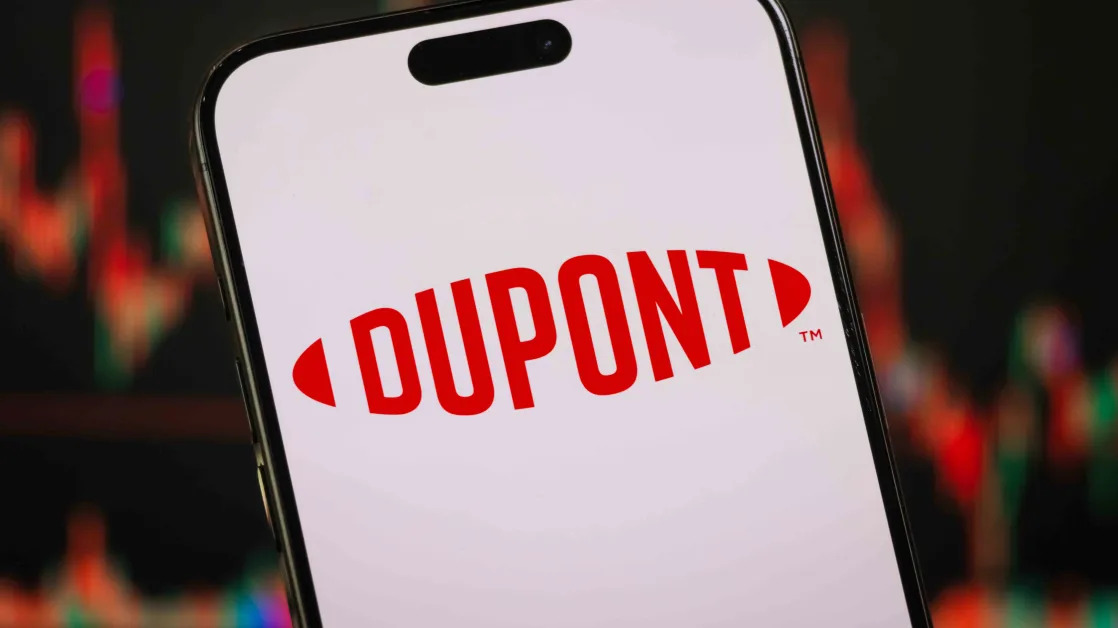(Bloomberg) -- Things were already looking bad for Intel Corp. shares this year. But the chipmaker’s sudden ouster of its chief executive officer has led to even more investors throwing in the towel.
The stock fell 13% in the five days ending Friday, notching its worst week in three months after Intel abruptly announced that Pat Gelsinger was leaving and named two co-CEOs to run the business until it finds a permanent replacement. The chipmaker’s shares are down 58% this year, on pace for the worst annual performance since at least 1983.
“You want to be directionless and rudderless, let’s put two people in the position,” said Kim Forrest, chief investment officer and founder at Bokeh Capital Partners. That sentiment is at the heart of this week’s selloff: while Gelsinger’s turnaround was taking too long, it may have been better for investors than having no clear indication of what’s next.
Interim co-CEO David Zinsner spoke at a UBS conference on Wednesday, hoping to soothe investor nerves by reiterating the company’s most recent guidance and saying it would keep a tight rein on capital spending. It didn’t work: the shares have continued to drop, while Lynx analysts led by KC Rajkumar called the presentation “wishy-washy” and said that Zinsner missed an opportunity to wipe the slate clean.
Gelsinger’s exit is the latest development in a dismal year. Intel has failed to gain traction in the booming market for artificial intelligence accelerators, while a pivot into making chips for other companies has been costly and slow. A catastrophic earnings report in the summer led to a swathe of analyst downgrades, while the stock is now firmly the worst-performing member of the Philadelphia Semiconductor Index this year.
The consensus rating on the stock — a proxy for the ratio of buy, hold, and sell ratings — is 2.96 out of five, the lowest since March 2023. Just seven of 52 analysts tracked by Bloomberg recommend buying Intel shares.
Until a permanent new CEO is found, many analysts and investors are staying on the sidelines. And some say they aren’t convinced that any potential candidates can fill Gelsinger’s shoes.
“I thought Gelsinger was the best-possible CEO for Intel. He was the strongest candidate to execute the company’s turnaround,” said Hendi Susanto, a portfolio manager at Gabelli Funds. “I can’t really come up with a list of candidates who have strong manufacturing backgrounds. It is a herculean task.”
Candidates reported to be in the mix, including Marvell Technology Inc. head Matt Murphy and former Cadence Design Systems Inc. CEO Lip-Bu Tan, fall short on manufacturing experience, technical acumen, experience at Intel and with CPUs, according to Citi analysts led by Christopher Danley.
The analysts did, however, cheer the company’s move on Thursday to add Microchip Technology Inc. CEO Steve Sanghi and former ASML Holding NV chairman and CEO Eric Meurice to its board, citing a dearth of semiconductor experience among existing directors.
Gelsinger’s exit does open the door for the troubled firm to consider potential options, including breaking up the company or various deal scenarios.
But without clarity on leadership or next steps for the company, the stock is likely to stay under pressure. Even after this year’s slump, it isn’t particularly cheap, trading at about 24 times forward earnings, roughly in-line with the chip index. Sector star Nvidia Corp. trades at 35 times forward earnings but it is expected to grow revenue more than 50% over its next full fiscal year, compared with 6.3% at Intel.
Thomas Martin, senior portfolio manager at Globalt Investments, noted that there is a lot of uncertainty about Intel’s different businesses and how they should be valued. He also cautioned that company turnarounds can be lengthy.
“GE managed it, but it took decades, and chips are a more competitive business,” Martin said. “Intel obviously isn’t worth zero, but you have to have the talent and knowledge to know what to do with it, and that’s a tall order.”
Top Tech Stories
Earnings Due Friday
--With assistance from Subrat Patnaik and David Watkins.
(Updates stock moves at market close.)





